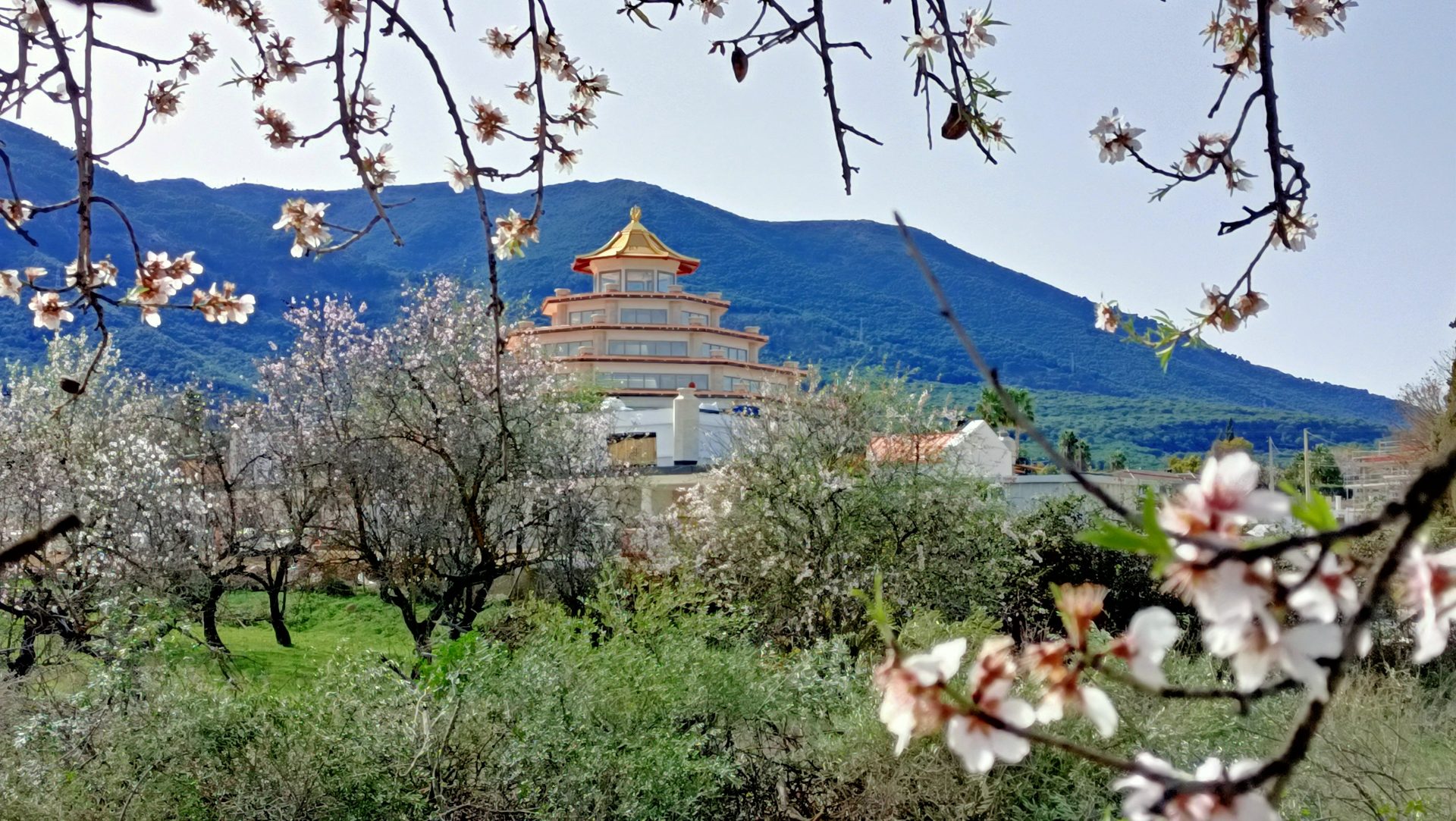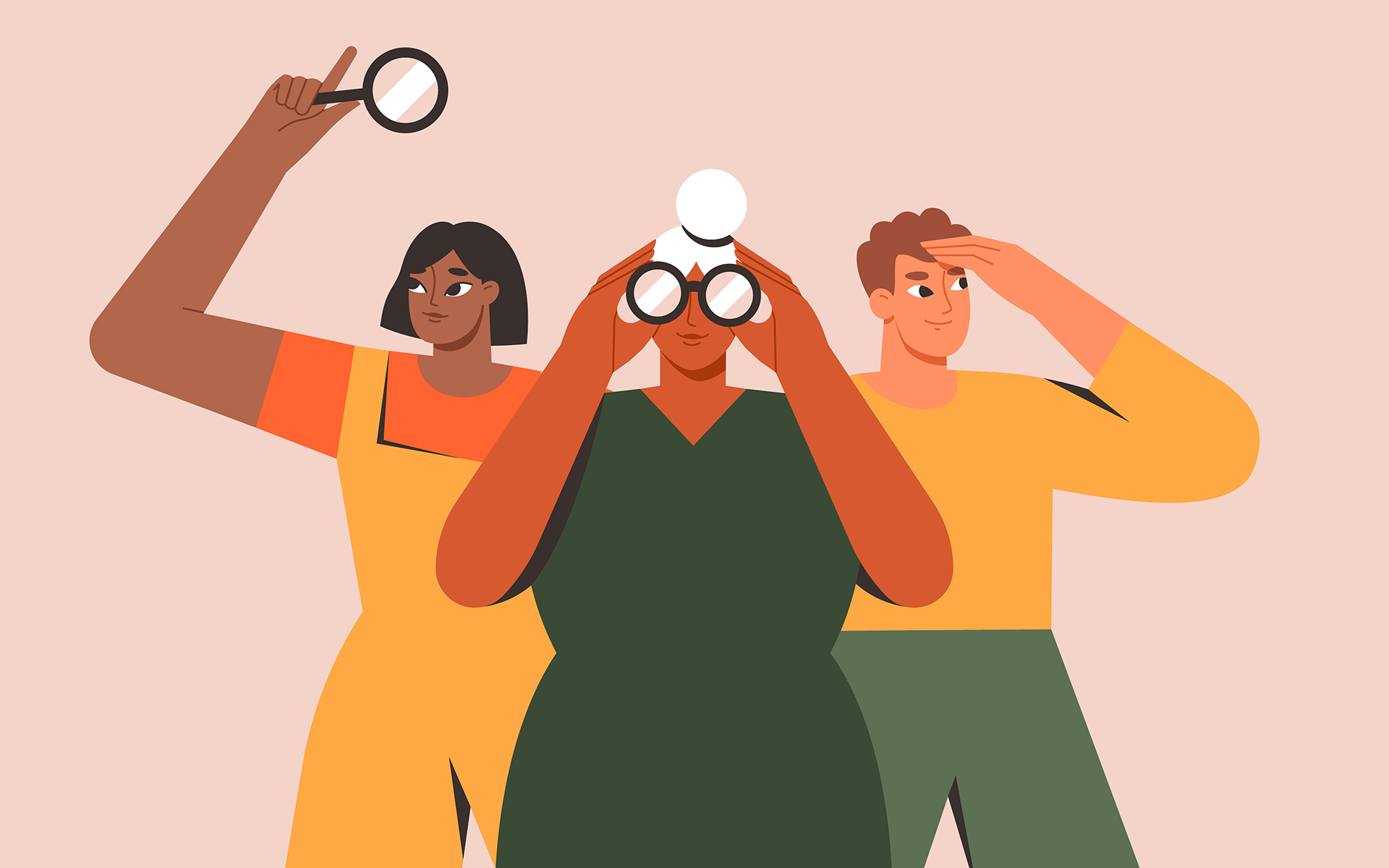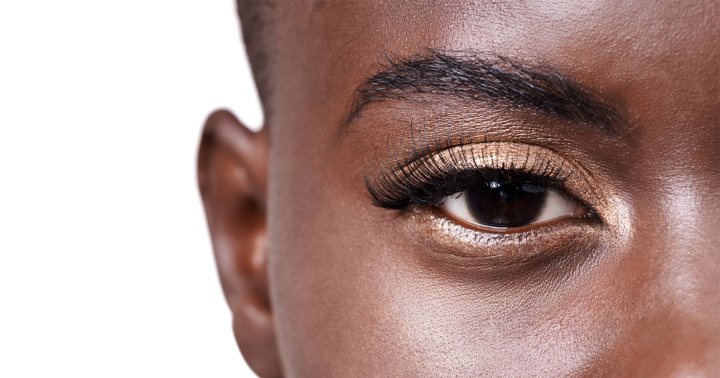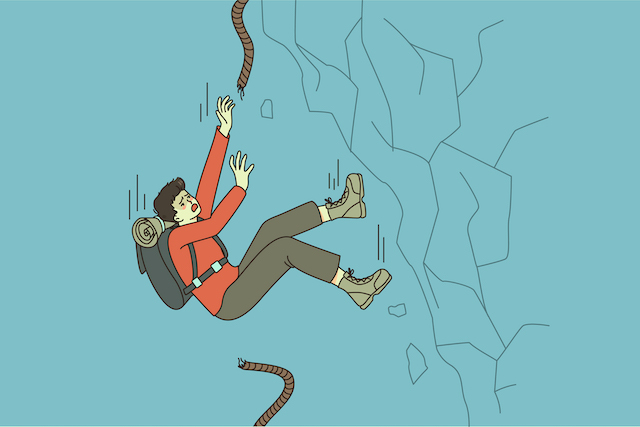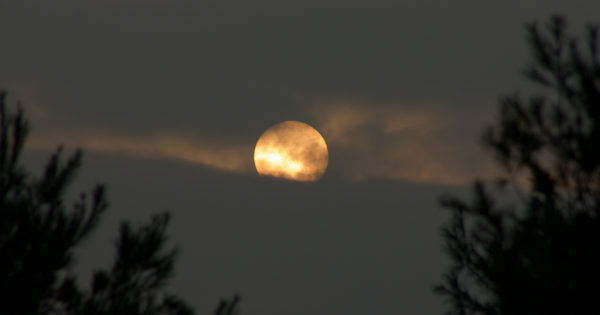An Unlikely Miracle
A story about the preciousness of human life offers solace and encouragement when things seem particularly hard. The post An Unlikely Miracle appeared first on Tricycle: The Buddhist Review.

A story about the preciousness of human life offers solace and encouragement when things seem particularly hard.
By Vanessa Zuisei Goddard Sep 05, 2022 Photo by David Troeger
Photo by David TroegerThe teaching on the preciousness of human birth recurs often in Buddhism, and yet, despite the evidence that shows that it’s a miracle that I find myself here, in this form and at this time, it’s a teaching that’s not easy to remember abstractly. That’s why I love a story from the sutras whose theme can be summed up as You Have No Idea How Lucky You Are to Have Been Born Human, So Don’t Waste Time.
The original, told by the Buddha to his monks, appears in the Samyutta Nikaya or Connected Discourses of the Buddha in a sutra called the Dutiyachiggaḷayugasutta (A Yoke with a Hole, or The Hole, for short). A longer, more dramatic version in The Writings of Nichiren Daishonin comes from the founder of the Nichiren school of Buddhism. My own retelling contains elements of both, because who doesn’t like a dramatic story or a well-placed fable that reminds you of something crucial about your own life?
The Buddha says to his monks: Suppose, my friends, that the earth was covered entirely with water, and that eighty thousand yojanas down—roughly 1,200,000 miles—lived a one-eyed turtle at the bottom of the ocean. In addition to being half-blind, the turtle also has a belly hot as heated iron, and a back that is always cold, like the peak of a snow-capped mountain. What this turtle wants, more than anything in the world, is to find a log with a hole that is just the right size for her to wedge herself in, so she can cool her belly in the water and keep her back warm in the sun. And the log must be made of sandalwood and no other wood, for sandalwood is known for its cooling properties. That’s why, once every hundred years—or once every thousand, as Nichiren says—the turtle makes her slow ascent to the surface, in search of a floating yoke where she can find refuge.
But hers is a difficult task, because the ocean is vast while she is small and half-blind. Logs float here and there, and many are made of oak or pine or cedar. Some have holes that are too small and the turtle can’t rest there, for she risks the waves washing her away. Others have holes that are too big and cause her to fall through and sink back to the bottom of the sea. So the log must have “just the right amount” of space—oryoki, we’d say in Zen. No more and no less. And she must catch that log as it drifts by from east to west or north to south, even though she can only half see and therefore thinks the yokes are floating from west to east or from south to north.
“What do you think, friends?” says the Buddha to his monks. “How rare do you think it is for that one-eyed turtle, popping up once every hundred years, to come upon the perfect log?”
“Very rare,” say all the monks. “Very rare indeed.”
“Just so,” the Buddha said. “It is very rare for you to have been born human, and to have encountered the dharma as taught by a fully realized buddha who’s appeared in the world. So practice diligently.” (More broadly, we could think of this threefold serendipity as: We’ve been born human, we’ve found the dharma, and we’ve found a teacher to guide us.)
For me, the story itself offers solace, and I turn to it whenever I find myself struggling in some way. I too have been adrift in an ocean so vast it threatened to swallow me. And I’ve miraculously found my wayward log, and, clambering aboard, let myself be drenched with relief, knowing that I could again take refuge.
Why after all this one and not the rest?/Why this specific self, not in a nest,/but a house? Sewn up not in scales, but skin? says the late poet and Nobel laureate Wislawa Szymborska in her poem “Astonishment.” Why indeed was I born human and not bird or fish, not in a country ravaged by war or under a government hostile to Buddhism? What set of circumstances brought me to where I am now, what circuitous path led me to seek, first, and to find a way to seek, second?
Here I am, I therefore tell myself when things seem particularly hard. Here I am with this body, this mind. Here I am, with the willingness and the ability to practice. Here I am, in a time and place where this is possible. And given this unlikely miracle, everything is possible. Never forget that.
![]()
Thank you for subscribing to Tricycle! As a nonprofit, we depend on readers like you to keep Buddhist teachings and practices widely available.
This article is only for Subscribers!
Subscribe now to read this article and get immediate access to everything else.
Already a subscriber? Log in.

 Kass
Kass 







